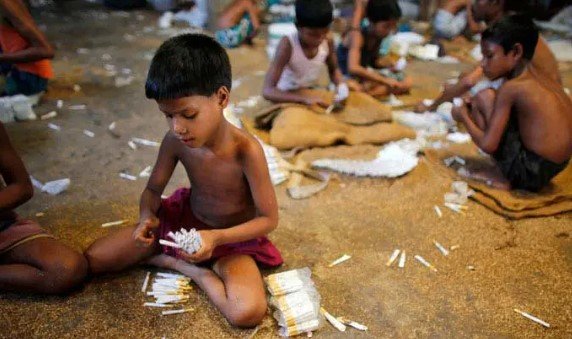While criticizing Pakistan’s alleged role in the Pahalgam terror attack in Jammu and Kashmir, Michael Rubin, a former Pentagon official and senior fellow at the American Enterprise Institute, vetured to describe it metaphorically as ‘a pig with lipstic’.
In the present context, this phrase is being used by many more critics to highlight Pakistan’s alleged support for terrorism and political instability. The metaphor suggests that no matter how much effort is made to improve or disguise it, the fundamental character of Pakistan remained unchanged.
Such statements reflect the strained relationship between Pakistan and certain international communities, particularly in the backdrop of accusations of fostering terrorism and its role in regional conflicts. Rubin likened Pakistan’s Army Chief, Asim Munir, to Osama Bin Laden.
He emphasized that Pakistan remains a sponsor of terrorism despite attempts to normalize its image. Adding fuel to the fire, Pakistan’s Defence Minister, Khawaja Asif, admitted some mistakes being committed by Pakistan as nation for several decades. Of course he termed it a mistake.
In a TV interview that he stated that Pakistan had been doing the “dirty work” for Western nations, including the United States and Britain, for the past three decades. He acknowledged Pakistan’s involvement in supporting and funding terrorist organizations during the Soviet-Afghan war and post-9/11.
He termed it a mistake for which the country has paid a heavy price. Adding more to the acrimony, The Pakistani minister, Hanif Abbasi made a statement about nuclear warheads being ready for an attack on India. He claimed that Pakistan’s nuclear arsenal, including missiles like Ghori, Shaheen, and Ghaznavi, is aimed “only for India.
Pakistan’s maturity as a nation in question
During protests by the Indian diaspora outside the Pakistan High Commission in London, following the Pahalgam terror attack, a Pakistani official, Colonel Taimur Rahat, made a controversial throat-slitting gesture towards the demonstrators. This act was captured on video and widely circulated on social media. It sparked an outrage among the Indian community and beyond.
The gesture was perceived as a threatening and provocative act, symbolizing hostility and disregard for diplomatic norms. It was seen as an attempt to intimidate the protesters, who were demanding justice for the victims of the attack and accountability for Pakistan’s alleged support of terrorism.
Such behavior on an international platform is considered highly inappropriate and has been condemned as a violation of diplomatic decorum. The incident highlights the deep-seated tensions between India and Pakistan, especially in the context of terrorism and regional conflicts. Pakistan’s journey as an independent nation since 1947 has been marked by significant challenges.
Its maturity as a nation has often been questioned due to various factors, including political instability, economic struggles, and regional conflicts. Since its independence, Pakistan has faced frequent changes in government, including military coups and periods of authoritarian rule. This has hindered the development of stable democratic institutions.
Pakistan has struggled with economic issues such as poverty, unemployment, and reliance on foreign aid. The country has been involved in multiple conflicts with neighboring India, particularly over the Kashmir region. These conflicts have strained resources and diverted attention from domestic development.
Pakistan, is certainly in need of able and stable leadership that can strengthen the democratic institutions with focus on development


